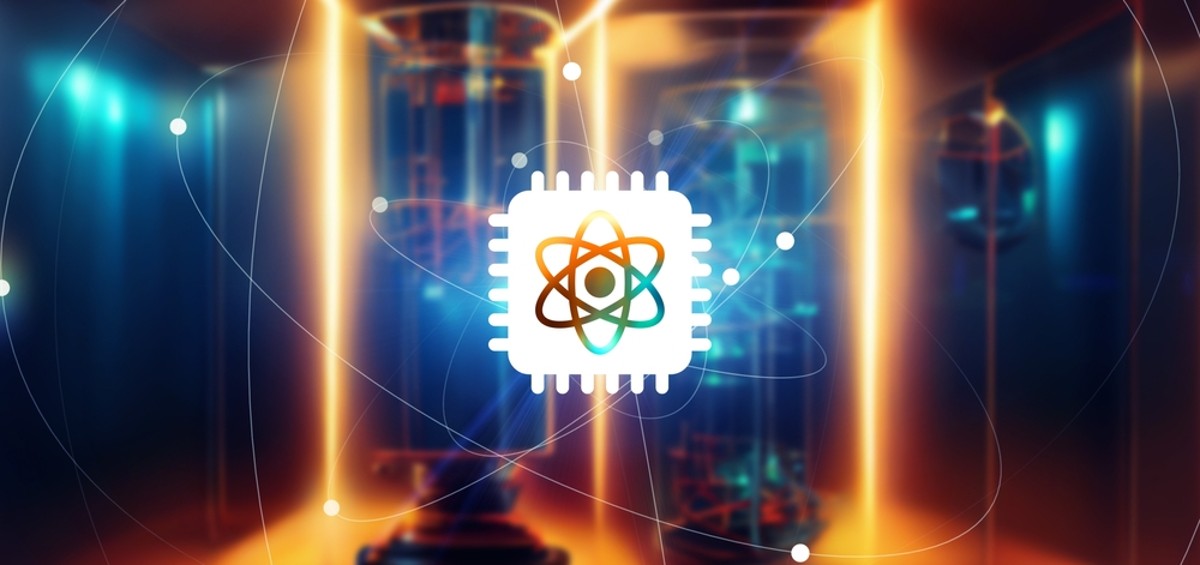It seems like a breakthrough is made every day in the field of Quantum computing, but will 2024 be the year when quantum computing moves past the hype? Or do we have to wait more?
In this article, we’ll talk about the magic that happens inside a quantum computer, the challenges it faces, and potential fixes for those challenges.
How Does a Quantum Computer Work Anyway?
So, the word “Quantum” makes you think these computers are complex, right? Well, you’re right for this part, but the overall structure of these computers is much more basic when compared to a classical computer.
Why?
Quantum computers don’t have a memory or a processor. Instead, it uses superconducting qubits.
Classical computers and Quantum computers process information differently from each other. Quantum computers run multidimensional algorithms using Qubits. Classical processors operate different programs using Bits.
The power of a Quantum computer increases exponentially when additional Qubits are added. However, the power of a classical computer increases linearly when more Bits are added.
But with great power comes great responsibility.
Where classical computers can have a basic fan to stop overheating, Quantum computers need proper insulation to keep temperatures extremely cold. To maintain the cold temperature, the superfluids are used to keep the quantum computer away from overheating. They also need to be protected from even the slightest vibration. Seems quite sensitive, doesn’t it?
So, Quantum computers are extremely expensive to build and they are even more expensive to run.
Tackling Quantum Computing’s Biggest Nemesis
Errors are a huge problem in quantum computing.
Qubits are highly prone to errors as they are sensitive to disturbances in the environment. Environmental factors like temperature changes and fluctuations in electromagnetic waves can lead to loss of information in the Qubit.
When this happens the computation’s quantum nature is lost, which renders the system useless. This is called Decoherence and it can happen in different ways.
Now, think about what would happen if millions of little Qubits lost their information.
The current solution to this decoherence problem is to fully isolate the quantum computers at near 0 Kelvin or -275.15 Celsius. Although this can impede outside disturbances, the system still needs a connection to the outside world. This makes decoherence inevitable, for now.
Introducing Quantum Error Correction
By now we know Qubits are extremely sensitive and can lose information. So, what can we do to fix this? We simply add more Qubits to the Quantum computer.
The magicians at Google were able to do this last year. In 2023, they created a logical qubit, which consisted of 49 physical Qubits. This logical Qubit outperformed their previous iteration which was made up of 17 Qubits.
So, why do we do this?
Quantum error correction encodes information across multiple Qubits. As of now, this is the only way to make a larger-scale Quantum computer with a low error rate. With this technique of Quantum computing, we can compute on logical qubits.
Do We Really Need Quantum Computers?
Of course, we do! When engineers and scientists use supercomputers to do things like simulate nuclear reactions, explosions of stars, and other things impossible to do in real life.
However, these supercomputers still use the classic GPUs and CPUs that rely on resistor technology from the 20th century. No matter how many cores you use, there are still a lot of problems that these computers can’t solve.
Even the best supercomputers fail when asked to solve highly complex problems. These complex problems can have an extraordinary number of variables interacting with each other. There are a number of these complex problems that we can’t solve with classical computers of any scale.
The real world is running on quantum physics so it only makes sense to use computers that make calculations using quantum bits, right?
And who knows? Maybe Quantum computers will finally tell us what the last number of Pi is.
The Future of Quantum Computers
Some of the largest tech giants have been working on Quantum computers. Now, it seems like the breakthrough of quantum computers is here.
Google has spent billions of dollars to make its quantum computer before 2030. The company opened the Google AI campus in California to achieve this goal. Google could be launching a quantum computing cloud service once this goal is achieved.
IBM announced its first quantum computer to exceed 1000 qubits last year in 2023. They broke their record, which was set by the IBM Osprey computer at 433 qubits.
Microsoft also offers its own Azure Quantum service which can be used through the cloud. Microsoft says their quantum computers are designed to ensure more accuracy with reduced interference by using topological qubits that use chemical compounds for stabilization.
Using a cloud streaming service requires a stable internet connection with great speeds. Xfinity offers some of the best internet deals with download speeds of up to 200 Mbps. So, reach out to Xfinity customer service today and find out a plan that works for you the best.
So, Should I Get Excited Yet?
In short, yes. You’re not going to get the next quantum computer in your pocket anytime soon. But companies are investing billions into quantum computers so the next mainstream quantum computer isn’t too far away.


